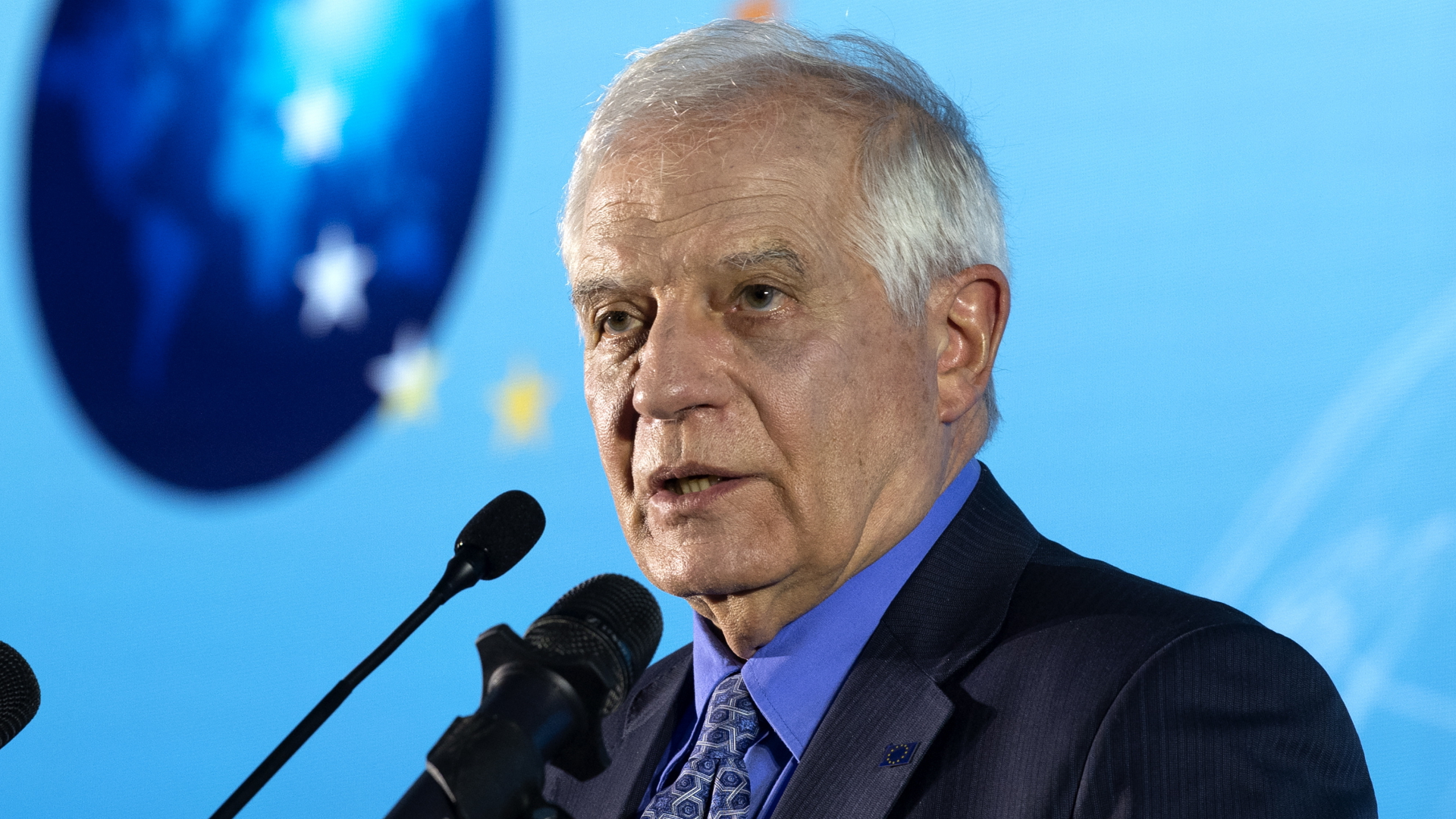
Status: 03/19/2023 01:13 AM
Kosovo and Serbia want to improve relations between their countries. With the help of the European Union, the heads of government of the two countries agreed to implement an agreement already negotiated.
According to EU foreign policy chief Josep Borrell, Serbia and Kosovo are close to normalizing their relations. “We have an agreement,” Borrell said after long negotiations between the two countries and the European Union in Ohrid, North Macedonia. Accordingly, Serbian President Aleksandar Vucic and Kosovo Prime Minister Albin Kurti agreed to implement an agreement aimed at improving the difficult relations between the two countries.
Serbia must recognize the state
It states that Serbia will not recognize Kosovo under international law, but will recognize the former Serbian province’s statehood. As part of this, Serbia is set to recognize Kosovo passports, vehicle license plates and customs documents, which it has not done so far.
In exchange, Kosovo must institutionally guarantee the rights of the country’s Serb minority. According to Borrell, Kosovo agreed to immediately begin negotiations on greater autonomy for Kosovo’s Serb communities.
The EU clearly hoped for more: Borrell said that neither country had followed the “most ambitious ideas” of the EU mediators. But he did not give any details.
Vucic and Kurti spoke separately to reporters after the meeting. “Despite the differences, we had a reasonable conversation,” Vucic said. Kurti explained that there is “de facto” recognition between Serbia and Kosovo, but Serbia has not yet signed the agreement.
Agreement points are already fixed
The draft agreement had already been agreed upon in February. Negotiations in Ohrid now revolve around deadlines and dates set in an appendix by which individual points of the agreement will be implemented.
This also includes EU commitments: a donors’ conference on financial aid to Serbia and Kosovo is scheduled to take place in the coming months.
Pressure from outside and inside
Both Vucic and Korti are under increasing pressure from the European Union and other Western countries to improve relations between their countries. Border tensions have risen again in recent months. Both countries are striving to join the European Union.
In addition, both Fucik and Kurti are under domestic political pressure. Serbian nationalists do not recognize Kosovo’s independence and threaten Vucic with protests if he backs down from this line. In Kosovo, on the other hand, many refuse to make concessions to the Serb ethnic group. They fear that the vetoes of the Serbian communities could paralyze the entire country.